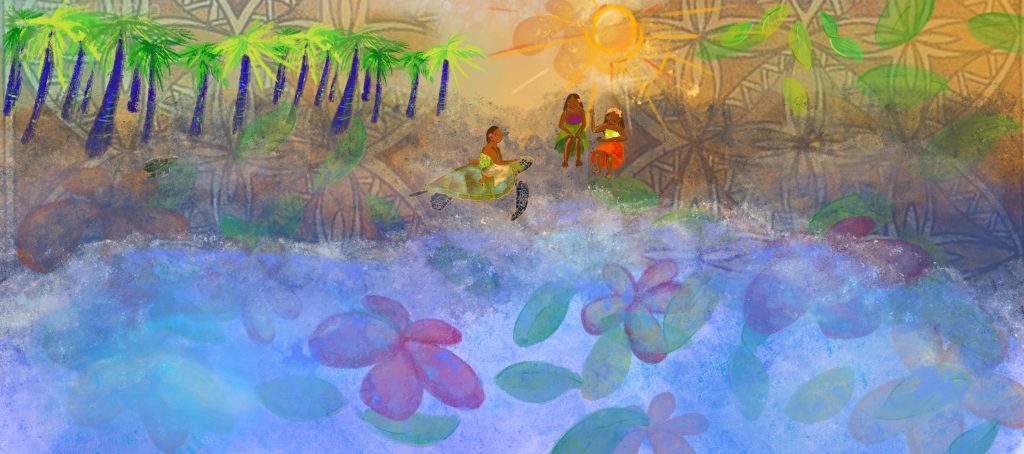Pathway Description
Children’s human rights and ocean governance are crucial aspects that need to be addressed for a sustainable future. Children have the right to a healthy and safe environment; an essential part of this is the ocean. It is important to ensure their rights are protected and upheld in ocean-related activities and policies. This includes access to clean and safe coastal areas, protection from exploitation and trafficking, and opportunities for education and participation in decision-making processes. Ocean governance must prioritize the conservation and sustainable use of marine resources, while considering the needs and well-being of children. By integrating children’s human rights into ocean governance frameworks, we can create a better future for both children and the ocean they rely on.
Note that you need not complete the entire learning pathway in one lesson.
Learning Outcomes
Note It is up to the learner to measure their progress against the learning outcomes indicated below. There will be no facilitated assessments of the same.
By the end of this course you should be able discuss:
- The link between children’s human rights and ocean governance
- Ways in which children can participate in decision-making related to the ocean
- The link between children’s wellbeing and their rights to food, health and culture and a healthy ocean
Pathway Content
Module 1 An introduction to children's rights and ocean governance
Protecting children's human rights, including their right to a healthy environment and a healthy ocean, is crucial for sustainable societies. In turn, effective and inclusive ocean governance is vital to preserve marine ecosystems and their multiple benefits for present and future generations. By prioritizing children's human rights in ocean governance, we can create an inclusive world where every child thrives on a healthy blue planet.
Module 2 Listening to children’s voices
Listening to children's voices in ocean governance is crucial. Their unique perspectives offer innovative solutions and empower them as future stewards of the ocean. By engaging children in decision-making, we uphold their human rights to a healthy environment, to participation and to being heard, while fostering environmental consciousness and innovative thinking.
Module 3 Children’s wellbeing
Children's well-being is closely intertwined with the health of the ocean. The ocean provides vital resources, such as food and oxygen, as well as benefits such as climate regulation and multiple contributions to human health and culture that directly impact children's lives and well-being. However, pollution, overfishing, and climate change pose significant threats to marine ecosystems and, in turn, children's well-being. By prioritizing the conservation and sustainable use of marine ecosystems, we can safeguard children's access to clean water, nutritious food, and a healthy environment in which to play, learn and thrive.
Module 4 Quiz
Test your knowledge of children's rights and ocean governance
Start Learning Pathway